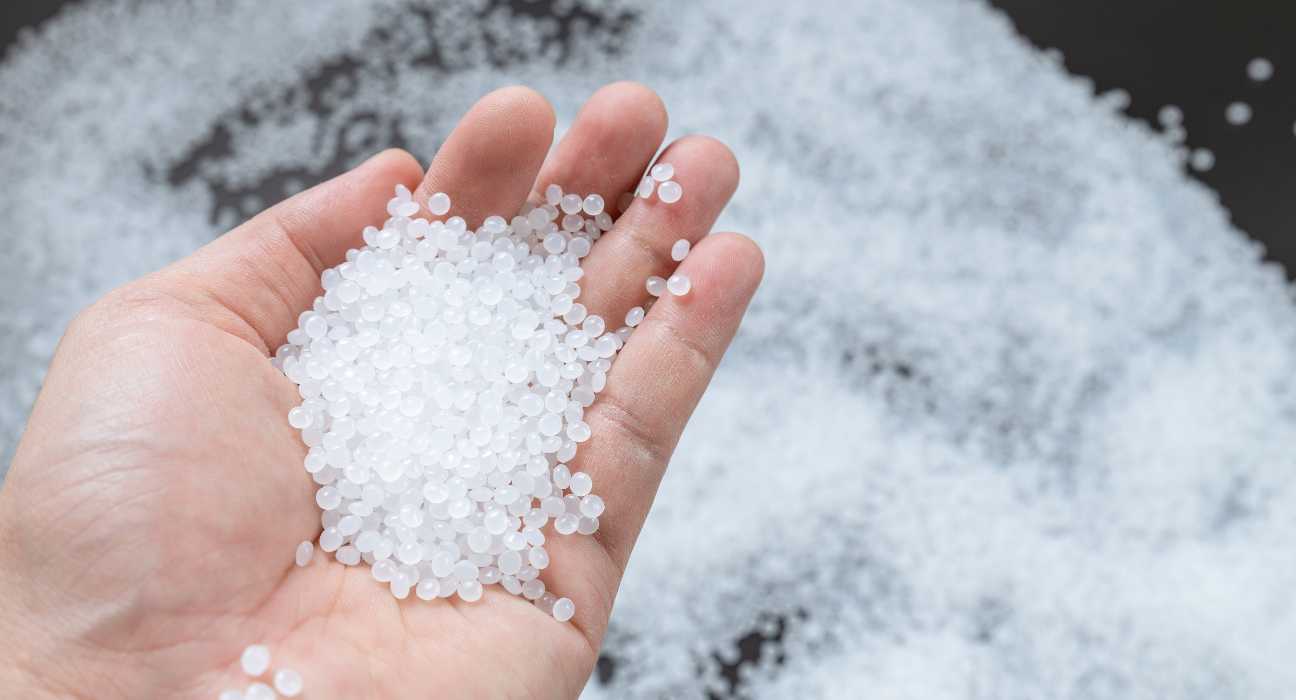Selecting the right polymer resin can make or break your manufacturing process. From ensuring product durability to hitting cost targets and meeting environmental standards, the resin you choose plays a crucial role.
But how do you make the right choice when there are so many options? This blog aims to guide manufacturers through choosing high-quality polymer resins. We’ll explore key factors, types of resins, application-specific needs, and quality assurance tips.
Key Factors to Consider When Choosing Polymer Resin
Material Properties
Understanding the material properties of resins is paramount. Each application demands specific characteristics such as tensile strength, flexibility, and thermal stability. For example, if your product will be exposed to extreme temperatures, you need a resin with high thermal resistance. If flexibility is crucial, look for resins with high elongation rates. Matching these properties with your product requirements ensures durability and performance.
Cost Analysis
Balancing quality and cost-effectiveness is a critical aspect of resin selection. High-quality resins might come at a higher initial cost but can save money in the long run by reducing defects and increasing product lifespan. Conduct a thorough cost analysis by comparing resin prices, considering bulk purchase options, and calculating potential cost savings from reduced waste and rework.
Environmental Impact
With growing emphasis on sustainability, considering the environmental impact of your resin choices is essential. Look for eco-friendly options like biodegradable or recyclable resins. Additionally, check if the manufacturing process of the resin is sustainable. Choosing environmentally-friendly resins not only helps the planet but also enhances your brand’s reputation among increasingly eco-conscious consumers.
Types of High-Quality Polymer Resins
Thermoplastics vs. Thermosets
Thermoplastics and thermosets are two primary categories of polymer resins, each with distinct characteristics. Thermoplastics become pliable when heated and harden upon cooling, making them suitable for processes like injection molding. They are recyclable and versatile. On the other hand, thermosets undergo a chemical change when cured, becoming rigid and heat-resistant. They are ideal for applications requiring durability and thermal stability.
Common Types of Resins
Several resin types are popular in the manufacturing industry, each with unique properties and applications. Polyethylene (PE) is widely used for packaging due to its flexibility and moisture resistance. Polypropylene (PP) offers excellent chemical resistance and is used in automotive parts. Polyvinyl Chloride (PVC) is known for its durability and is used in construction. Understanding the properties and applications of these common resins helps in making informed choices.
Choosing the Right Resin for Specific Applications
Automotive Industry
In the automotive industry, resin selection is critical for components ranging from interior parts to engine components. Resins like Polyamide (Nylon) are preferred for their high strength and thermal resistance, making them suitable for under-the-hood applications. Polypropylene (PP) is used for interior parts due to its lightweight and durable nature. Choosing the right resin enhances vehicle performance and safety.
Electronics
For electronics manufacturing, resins must offer high electrical insulation properties and thermal stability. Epoxy resins are commonly used for circuit boards due to their excellent insulating properties. Polycarbonate (PC) is preferred for its impact resistance and clarity, making it ideal for electronic casings. The right resin ensures the reliability and longevity of electronic devices.
Packaging
The packaging industry demands resins that are safe, durable, and capable of preserving the product. Polyethylene (PE) is extensively used for food packaging due to its moisture resistance and flexibility. Polyethylene Terephthalate (PET) is favored for its strength and recyclability, making it ideal for beverage bottles. Selecting the appropriate resin ensures product safety and extends shelf life.
Ensuring Quality and Consistency
The Role of Suppliers
Your resin supplier plays a vital role in ensuring quality and consistency. Choose suppliers with a proven track record and stringent quality control measures. Ensure they provide comprehensive material data sheets and certifications. Building a strong relationship with reliable suppliers ensures a steady supply of high-quality resins.
Quality Control
Implementing robust quality control processes within your manufacturing setup is crucial. Regularly test incoming resin batches for consistency in properties and performance. Utilize advanced testing equipment to monitor parameters such as tensile strength, thermal resistance, and chemical composition. Maintaining strict quality control ensures your products meet industry standards and customer expectations.
Conclusion and Future Trends
Selecting the right polymer resin involves careful consideration of material properties, cost, environmental impact, and application-specific requirements. By understanding the differences between thermoplastics and thermosets, and choosing resins that align with your product needs, you can enhance manufacturing efficiency and product quality.
Looking ahead, advancements in sustainable resins and smart materials are set to revolutionize the industry. Stay informed about emerging trends to keep your manufacturing processes competitive.

